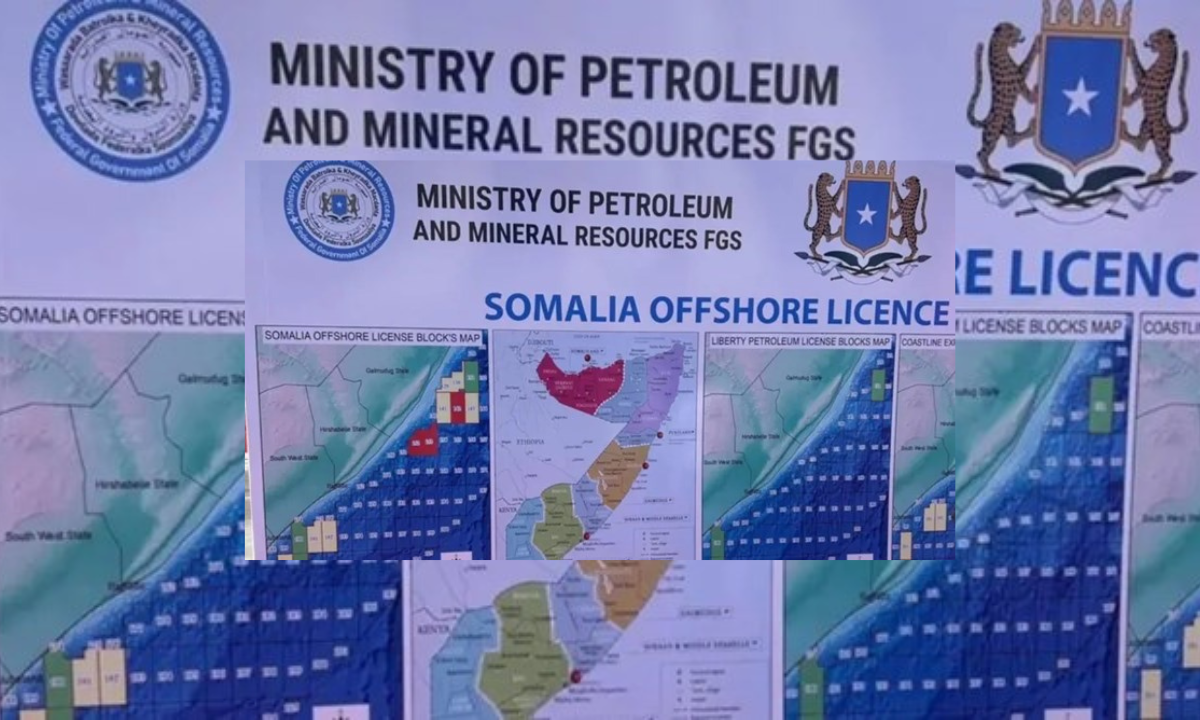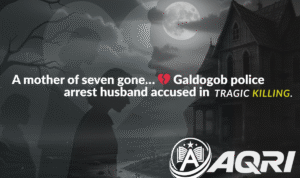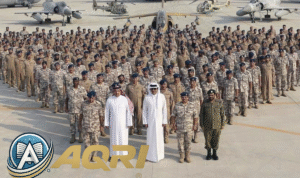Mogadishu, Somalia – AQRI.net – Tensions have escalated between Somalia’s federal government and regional states Puntland and Hirshabelle following the display of a contentious map during a ceremony in Mogadishu. The map, unveiled as part of an event marking the arrival of a Turkish oil exploration vessel, labeled certain regions as “disputed” territories, provoking sharp responses from Puntland President Said Abdullahi Deni and Hirshabelle officials, who claim the depiction undermines their autonomy and established borders.
President Deni voiced his opposition, stating that the map inaccurately represents parts of the Mudug region as contested. “Puntland and Galmudug have no disputed boundaries. Our territories are clearly defined, and our relationship is based on mutual respect and peaceful coexistence,” Deni asserted, emphasizing Puntland’s “unquestionable” jurisdiction over Mudug.
Hirshabelle leaders were equally critical, arguing that the map misrepresents constitutional boundaries outlined under Somalia’s federal system. “Our structure is enshrined in Articles 48 and 49 of the federal constitution. The map distorts Hirshabelle’s integrity and threatens unity,” Hirshabelle officials stated, condemning the map’s potential to fuel divisions.
The controversy reflects ongoing tensions between Puntland and Somalia’s federal government, which have intensified since President Hassan Sheikh Mohamud took office. Puntland has notably boycotted recent National Consultative Council meetings in protest of what it describes as federal encroachment and unilateral constitutional amendments.
In response to the criticism, Somalia’s Minister of Petroleum and Mineral Resources, Abdirizak Omar Mohamed, explained that the incident was due to a technical error. During a press conference, Mohamed clarified that an outdated 2015 map—created before Hirshabelle’s establishment—was mistakenly displayed. “This was a logistical oversight by the organizing team, not a political statement,” Mohamed noted.
He expressed disappointment over what he characterized as “political opportunism,” suggesting some leaders are leveraging the error to promote divisive narratives. “It’s unfortunate that minor mistakes are being used to undermine the renewed optimism in Somalia,” he added, emphasizing that federal officials are committed to stricter quality control to prevent similar incidents in the future.
As federal officials take steps to address the oversight, the incident underscores the delicate balance between federal and regional interests in Somalia’s evolving political landscape.








Comment